ADVERTISEMENT

ADVERTISEMENT
Often, I get the question, "How do you find out about great independent watchmakers before they become so well known it's impossible to buy from them?" It takes a lot of effort and connections to identify who is poised to break through. But thanks to the Louis Vuitton Watch Prize for Independent Creatives, there's a shortcut insight into some of the most interesting independents on the market, and the prize has just announced the 20 semi-finalists for the 2025-2026 Prize.
Raúl Pagès, winner of the inaugural LV Watch Prize, at the Hodinkee office in 2023. Photo: @waitlisted
Jean Arnault, Director for Louis Vuitton's watch division, is a fervent fan of independent watchmaking (as evidenced by LV's recent collaborations) and established the prize to raise up some of these underappreciated craftspeople. The winner of the previous and inaugural LV Watch Prize was Raúl Pagès with his Régulateur à Détente RP1. Pagès received a one-year mentorship from LV's La Fabrique du Temps and a financial prize, which is the same award being offered this time. The mentorship is particularly interesting as it is tailored to the individual needs of the watchmaker, not solely focused on watchmaking, but rather on how to grow in communication, business, and brand building. Pagès followed up his RP1 with the recent RP2 release, which we covered on the site.
Pedermann Bédat Seconde Morte.
The Kallinich Claeys Central Seconds Hong Kong Edition.
The movement side blends modernity and tradition in a really interesting way.
Instead of covering all 20 semi-finalists, I thought I'd highlight a few watches and a few insights that stood out. First, there are many familiar names, such as Petermann Bédat, with their wonderful Seconde Morte. The young duo started their careers with A. Lange & Söhne, but their independent Chronographe Rattrapante was a finalist in the 2023-2024 edition. This model features an elaborate deadbeat seconds mechanism and fantastic finishing. Also from Lange, but now on their own, we haven't had the opportunity to go hands-on with Kallinich Claeys' inaugural Central Seconds, but it looks impressive on paper. Even more so, it's interesting to see how strong the school in Glashütte is for young watchmakers.
Hazemann & Monnin "School Watch"
The Auffret Paris Giverny "Blue Train"
With Auffret's signature charbonnage on the movement.
Hazemann & Monnin, Lederer (fresh off a GPHG win), and Theo Auffret have all been covered on the site as well. Auffret's entry is a curious one; his long-anticipated follow-up to his Tourbillon à Paris is the "Giverny," a simpler three-hand watch with a smaller size and a closed dial. Auffret told me a few months ago that, although the watch isn't officially ready to launch yet, some communication about it was necessary to be eligible for the prize, so we now get a bit of a preview ahead of time.
Unsurprisingly, the largest number of entries comes from Switzerland, but only by the smallest of margins. Gunning against the six entries from Switzerland, there are a surprising four semi-finalists from China, including the very interesting Fam al-Hut Möbius and Mgraver Ventrallis, both of which I want to see at the earliest chance. The independent scene in China is growing rapidly, and it's long past time for detractors to shed antiquated notions about what "Made in China" can mean in the watch industry. Interestingly, I spoke to Mgraver's founder, Shiming Yang, years ago when he was a source for my story on C.H. Meylan, when he had not even begun to develop this interesting watch, but he was a passionate collector of vintage and antique horology.
Quiet Club "Fading Hours"
The movement looks like a fascinating mix of old and new with a gear train unlike anything I can recall.
Next behind China is Japan, with four entries including the Sohkoku 蒼黒 from Masa & Co., a watchmaker from a store called Masa's Pastime in Tokyo, who originally started by doing conversion/marriage watches from old pocket watches, and is a must-visit if you're in Japan. Norifumi Seki, a Japanese watchmaker and winner of the 2020 F.P. Journe Young Talent Competition, has eschewed his more traditional designs with his new brand Quiet Club. Founded with two business partners living in America, the watches are made in Tokyo with a distinctly Japanese style in terms of simple, reserved design and beautiful complexity. The watch features an alarm that strikes off the rear of the dial which acts as a gong.
The J.N. Shapiro Resurgence.
The sole entry from the United States is J.N. Shapiro's Resurgence which made the bold claim of being the first fully American-made watch since 1969. Meanwhile, I recently started following Reuben Schoots of Australia on Instagram. This is a pretty stacked field of interesting entries that largely take different approaches to independent watchmaking and artistry, and I'm desperate to go Hands-On with most of these watches (so if you're a brand reading this, please reach out). A committee of experts (including our own Ben Clymer) will pick the five finalists before a smaller committee deliberates and chooses the winner on the day of the award ceremony next year.
From left, Raúl Pagès, Gaël Petermann, Florian Bédat, and Theo Auffret (and watchmaker on Auffret's team, Eve) at IAMWATCH in Singapore last year. All the people at the table have either won the Prize or at least been semi-finalists.
For more information about the Louis Vuitton Watch Prize for Independent Creatives or to see the other semi-finalists, visit their website.
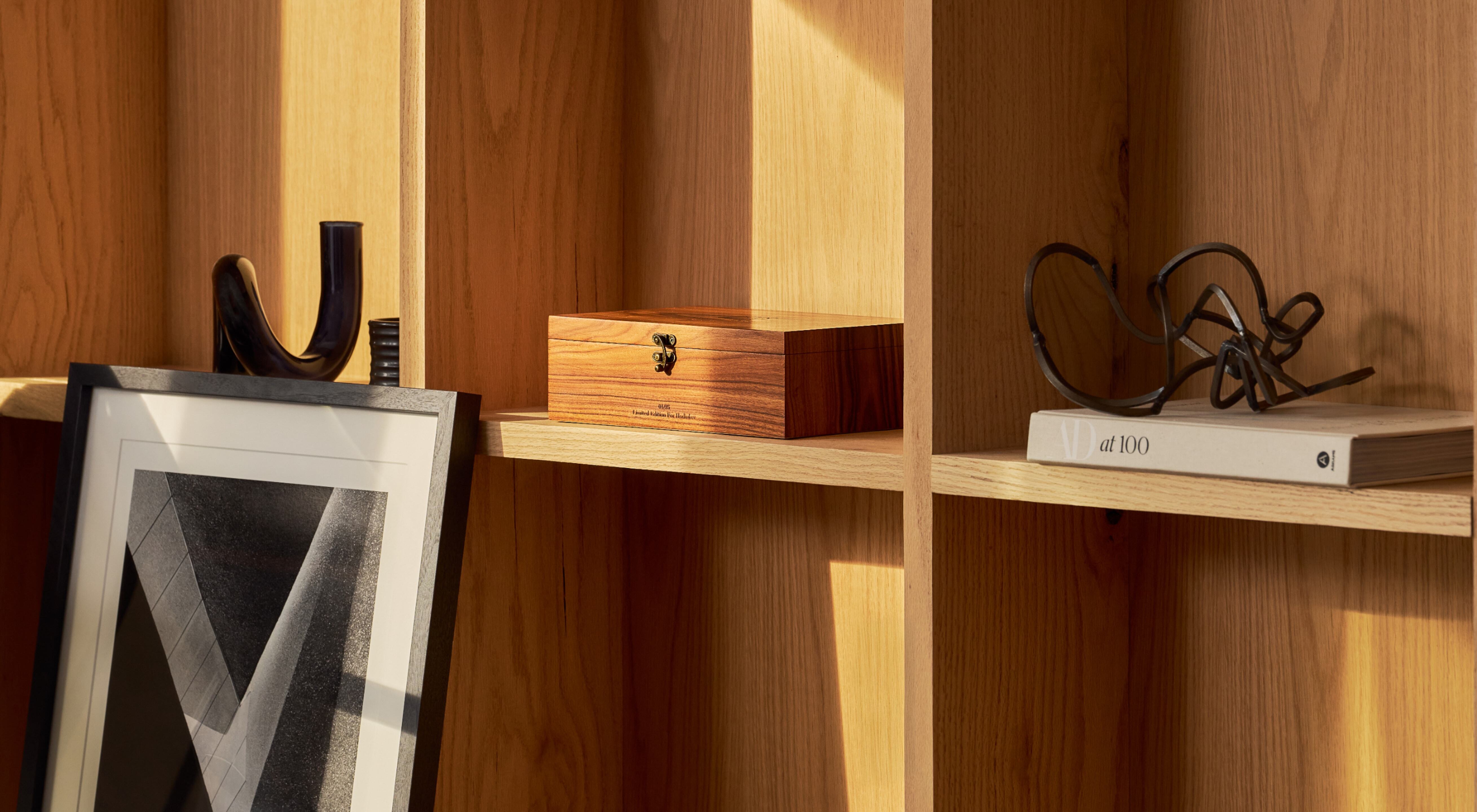
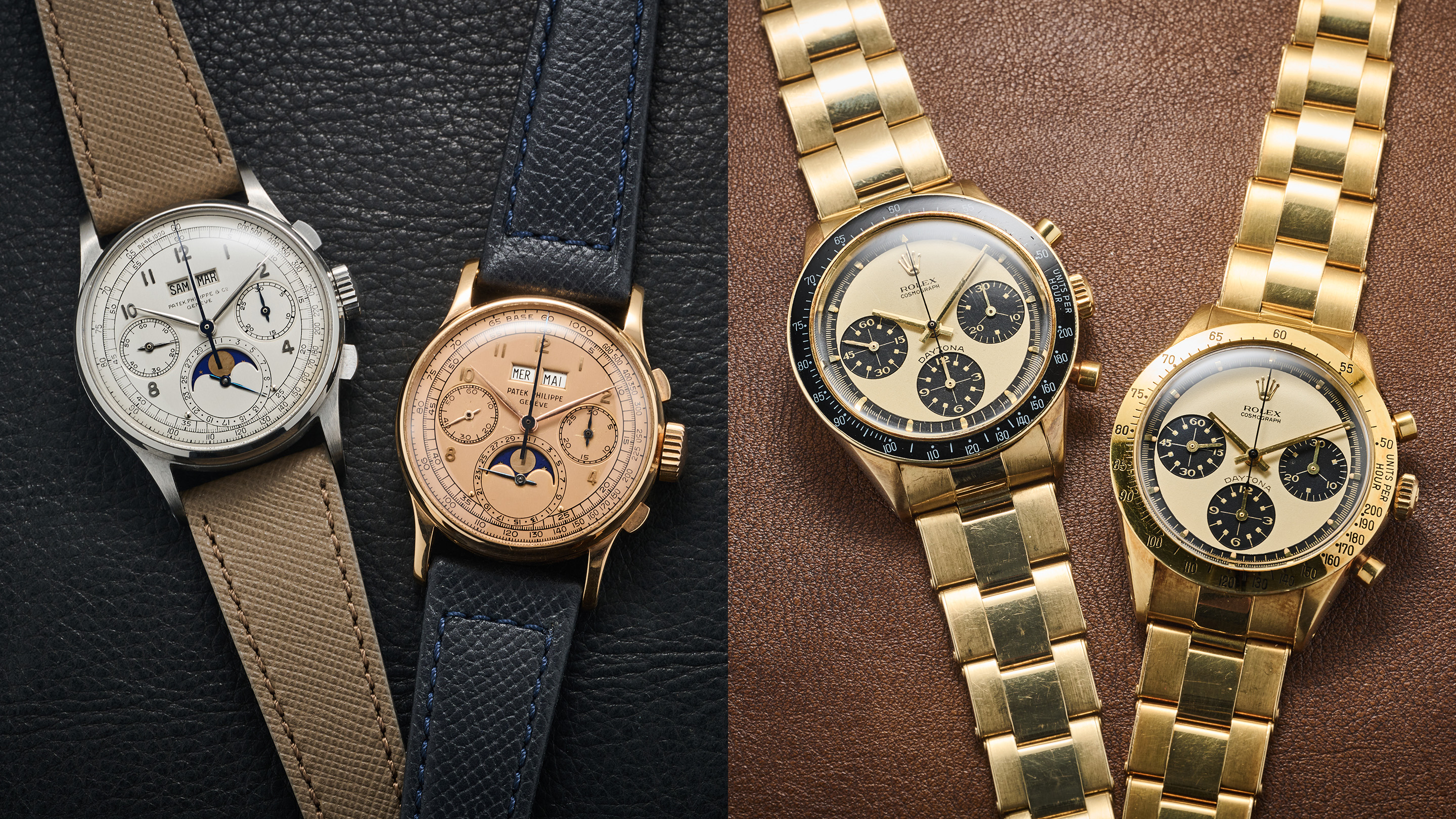
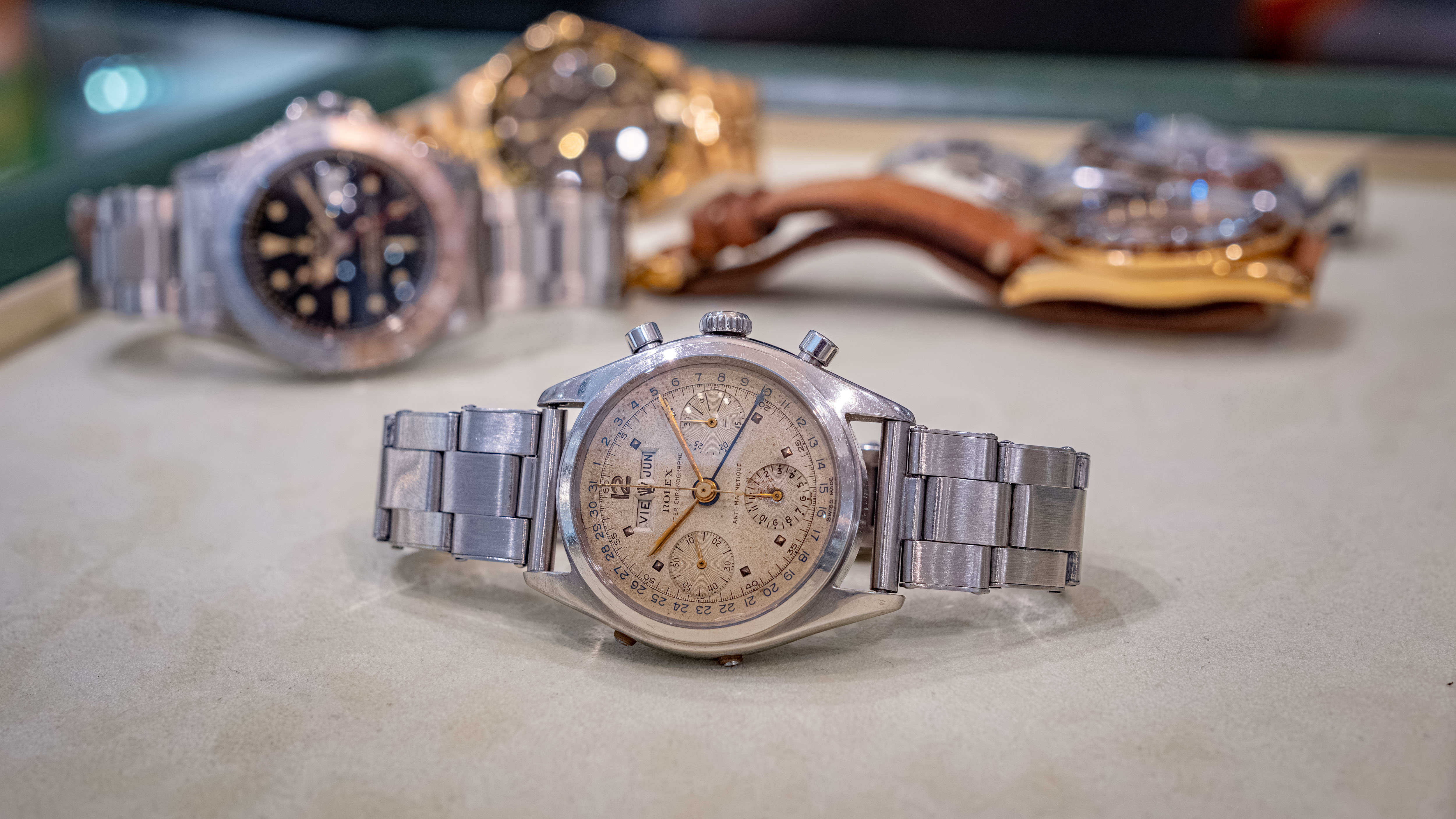



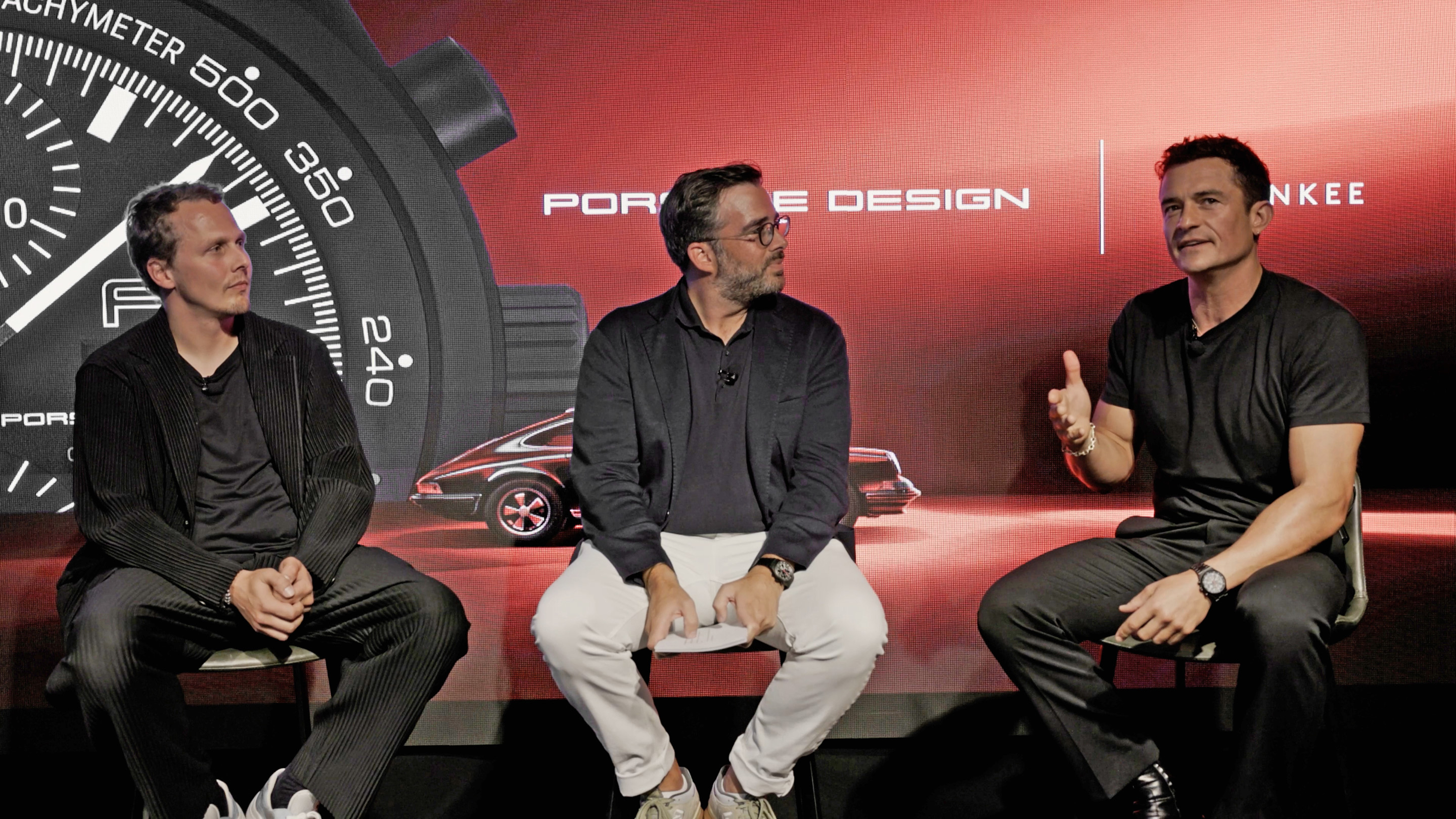
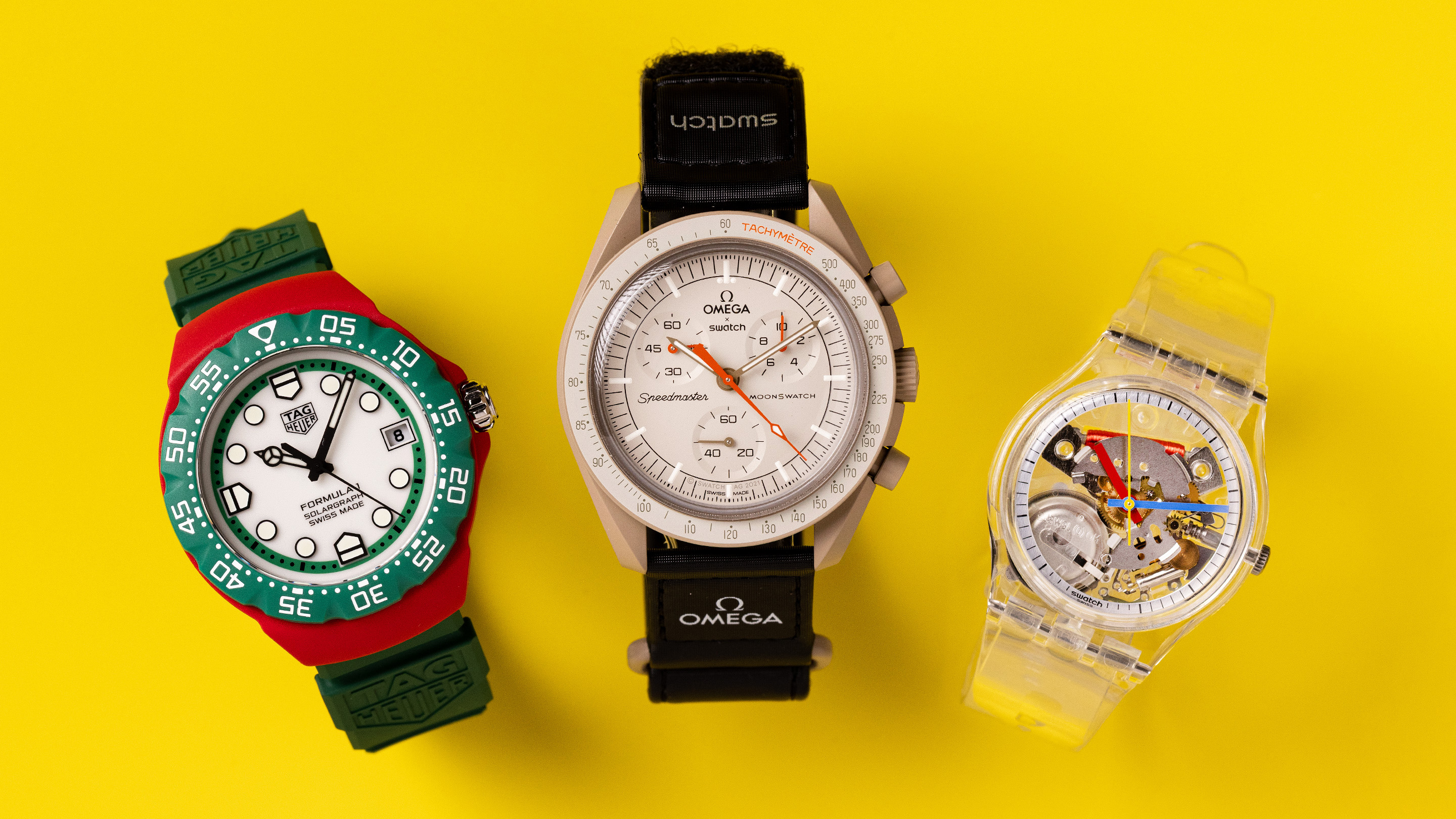
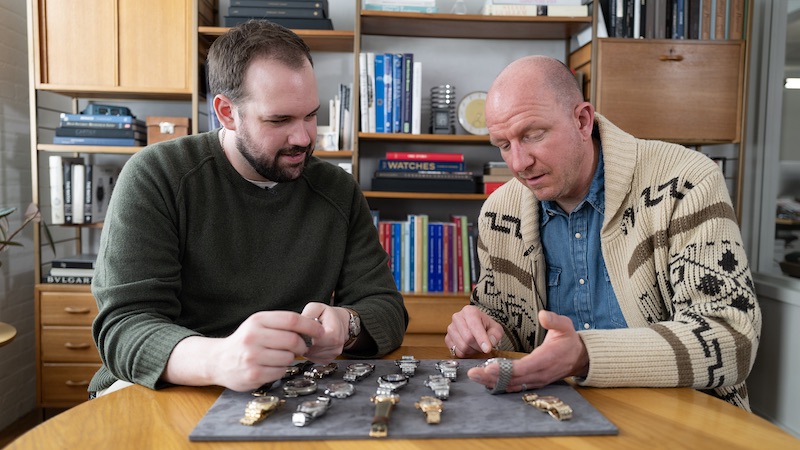


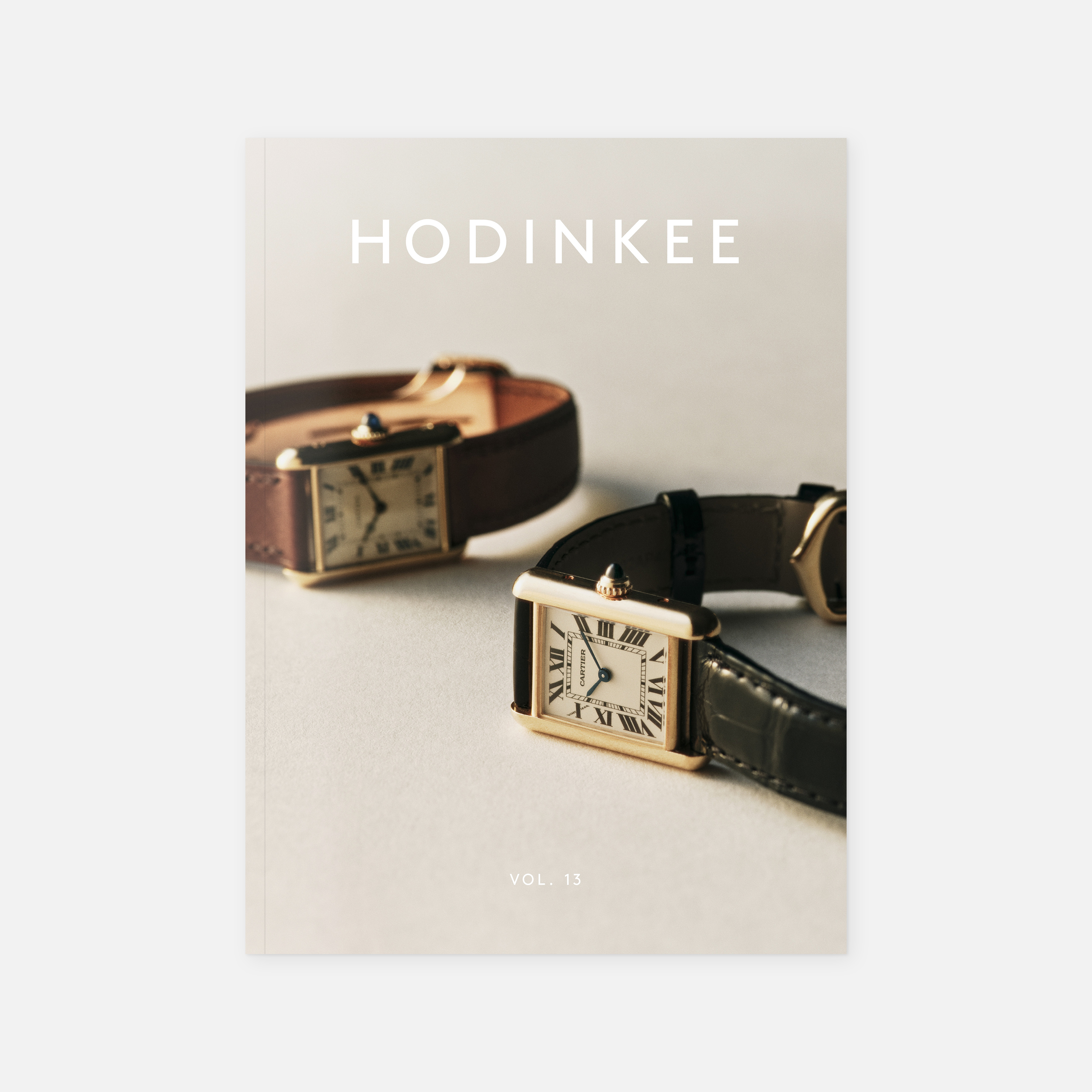









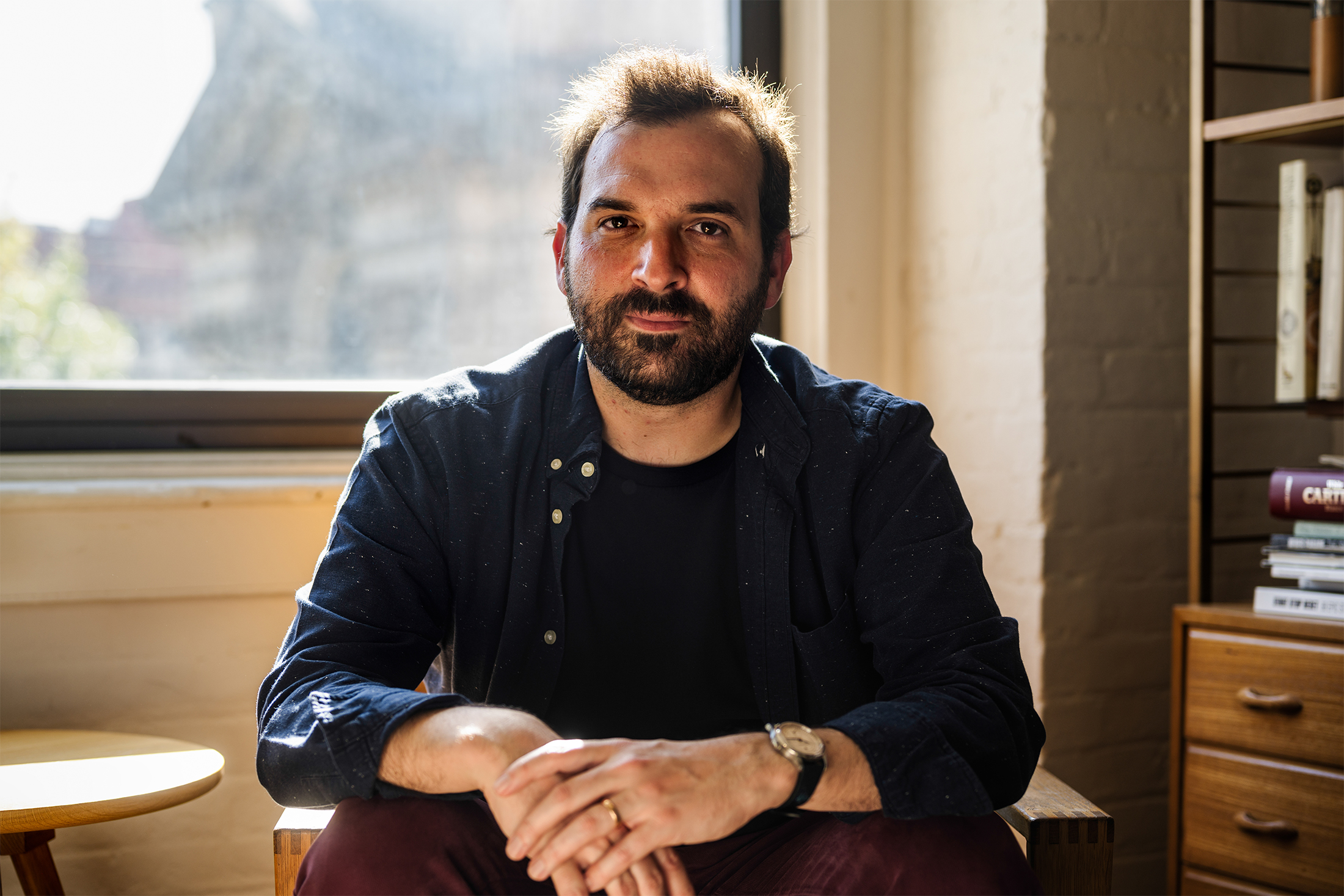
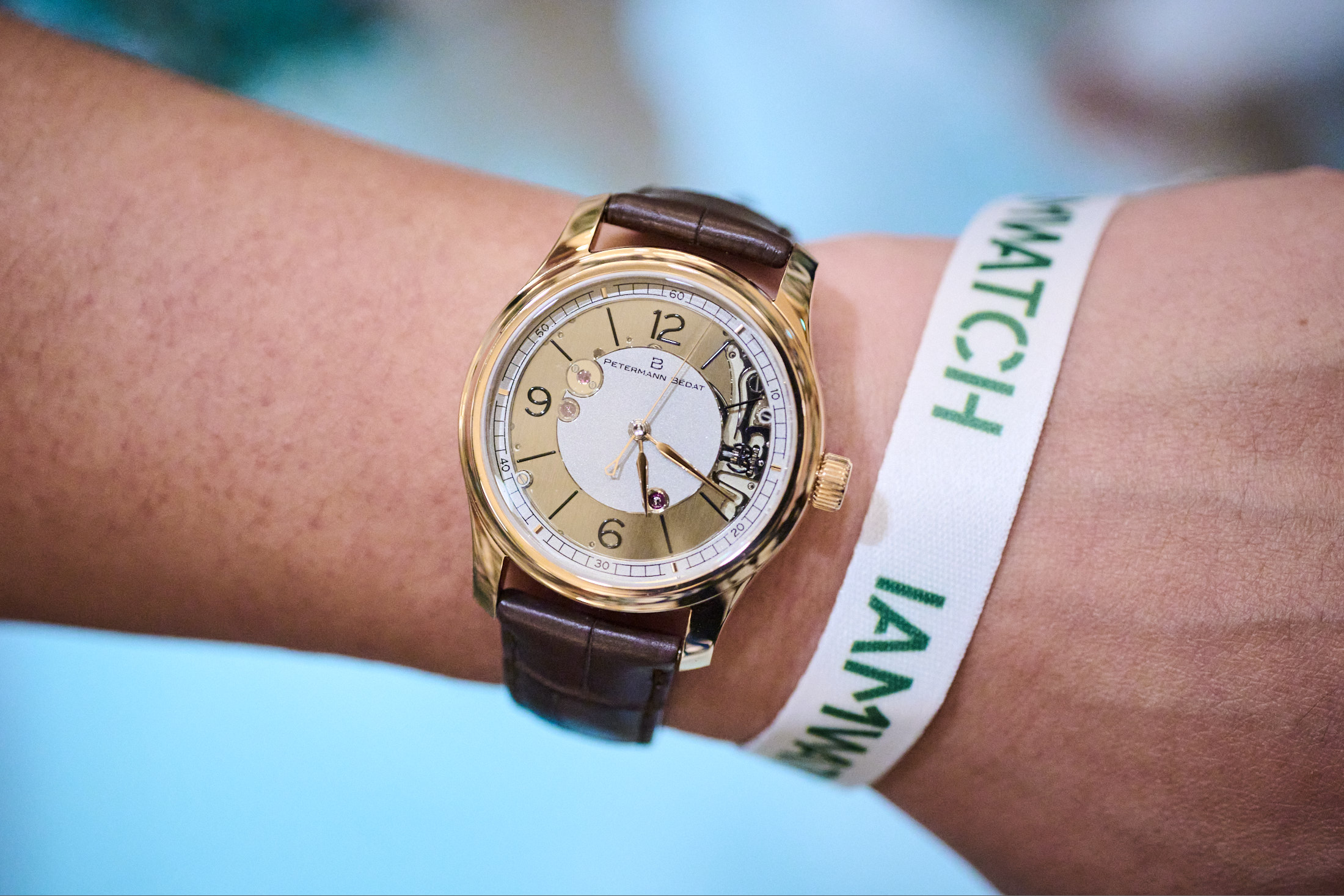

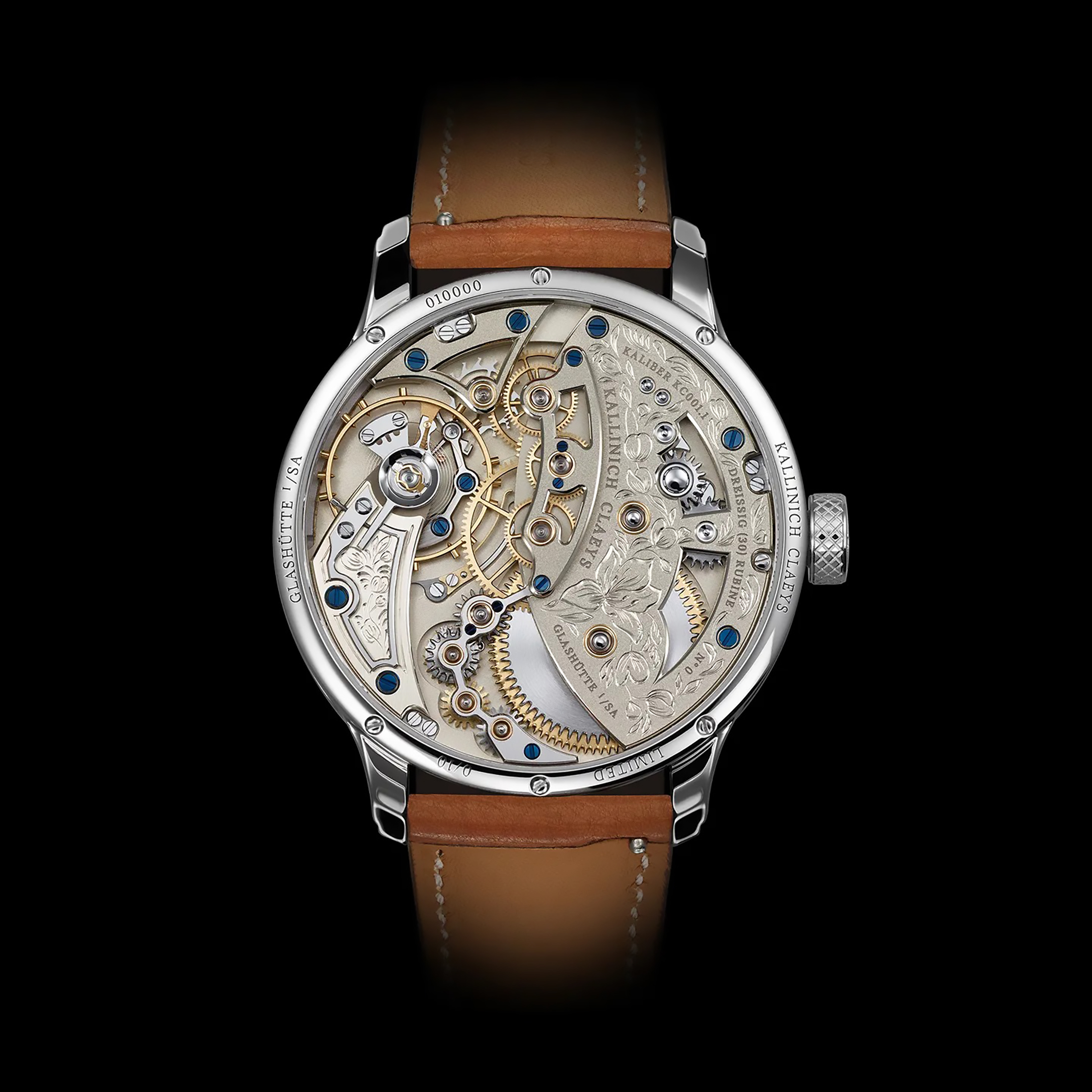
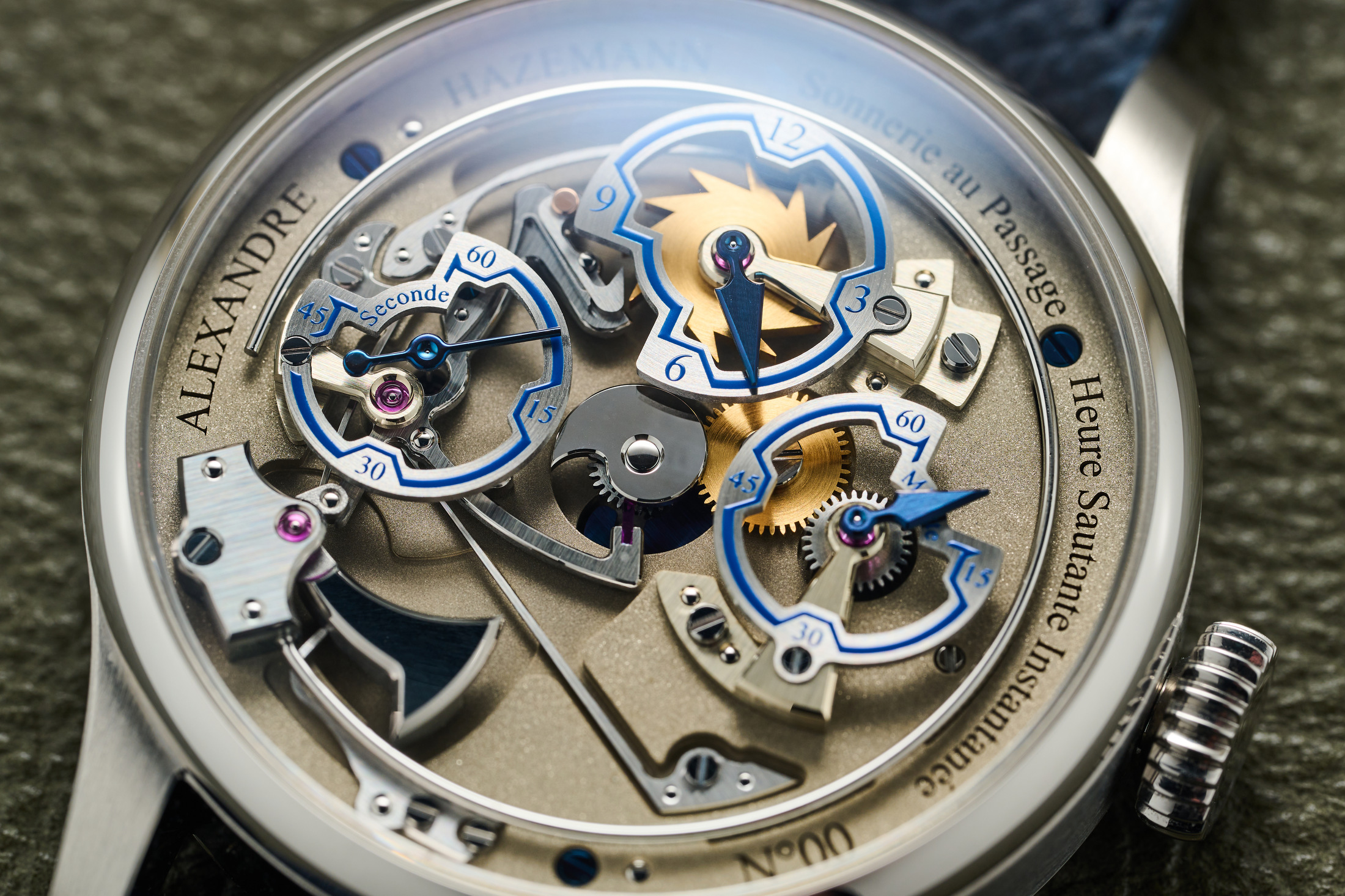





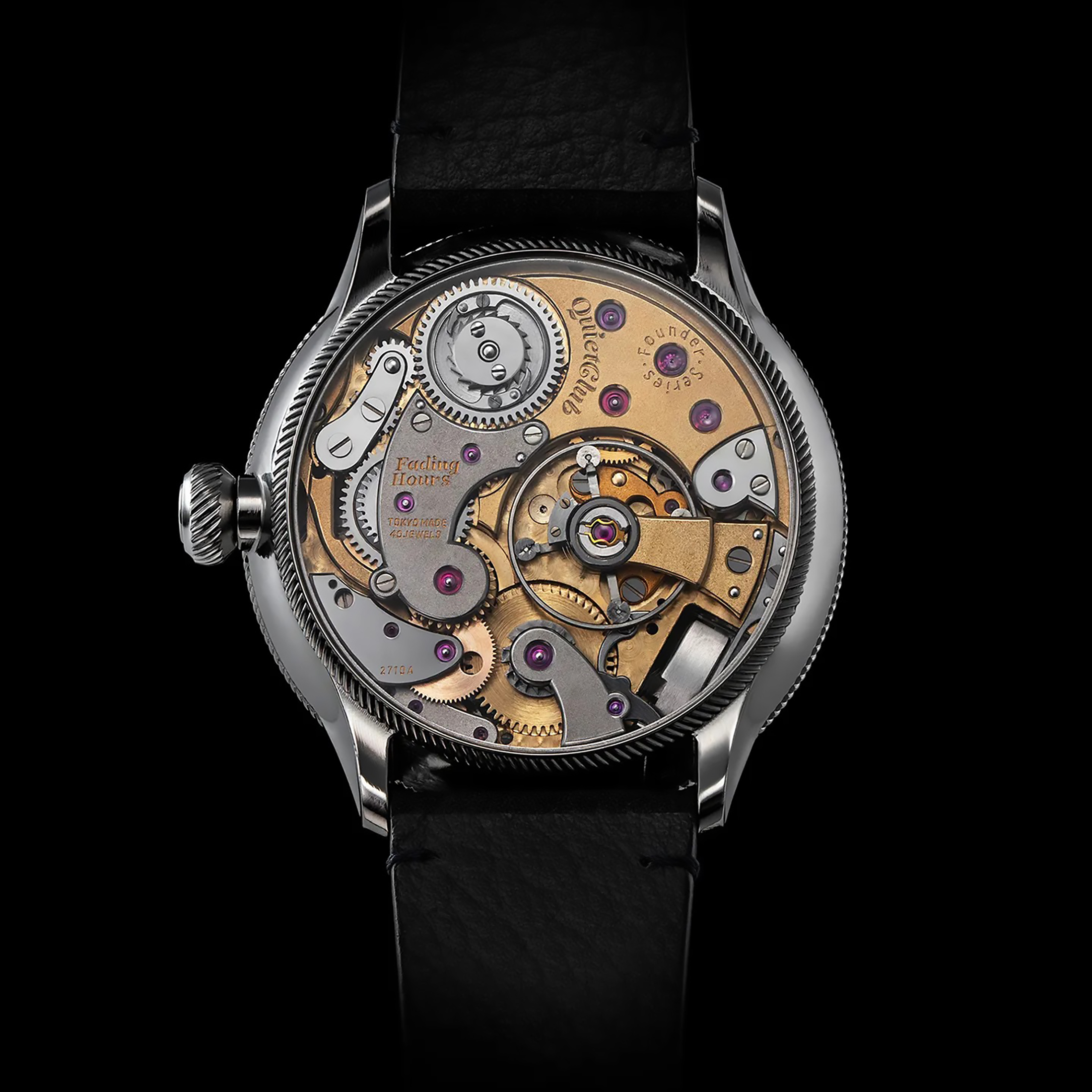
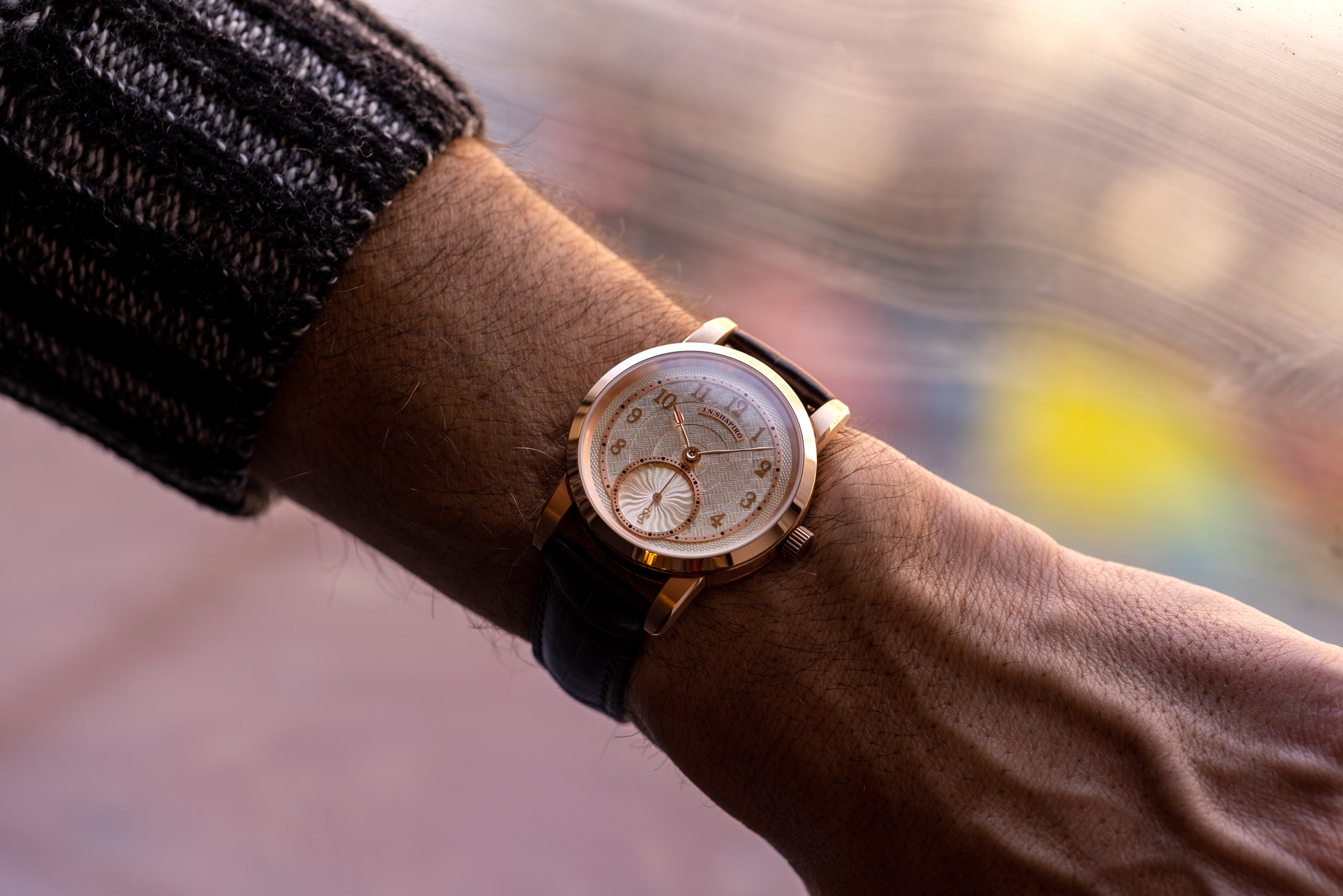

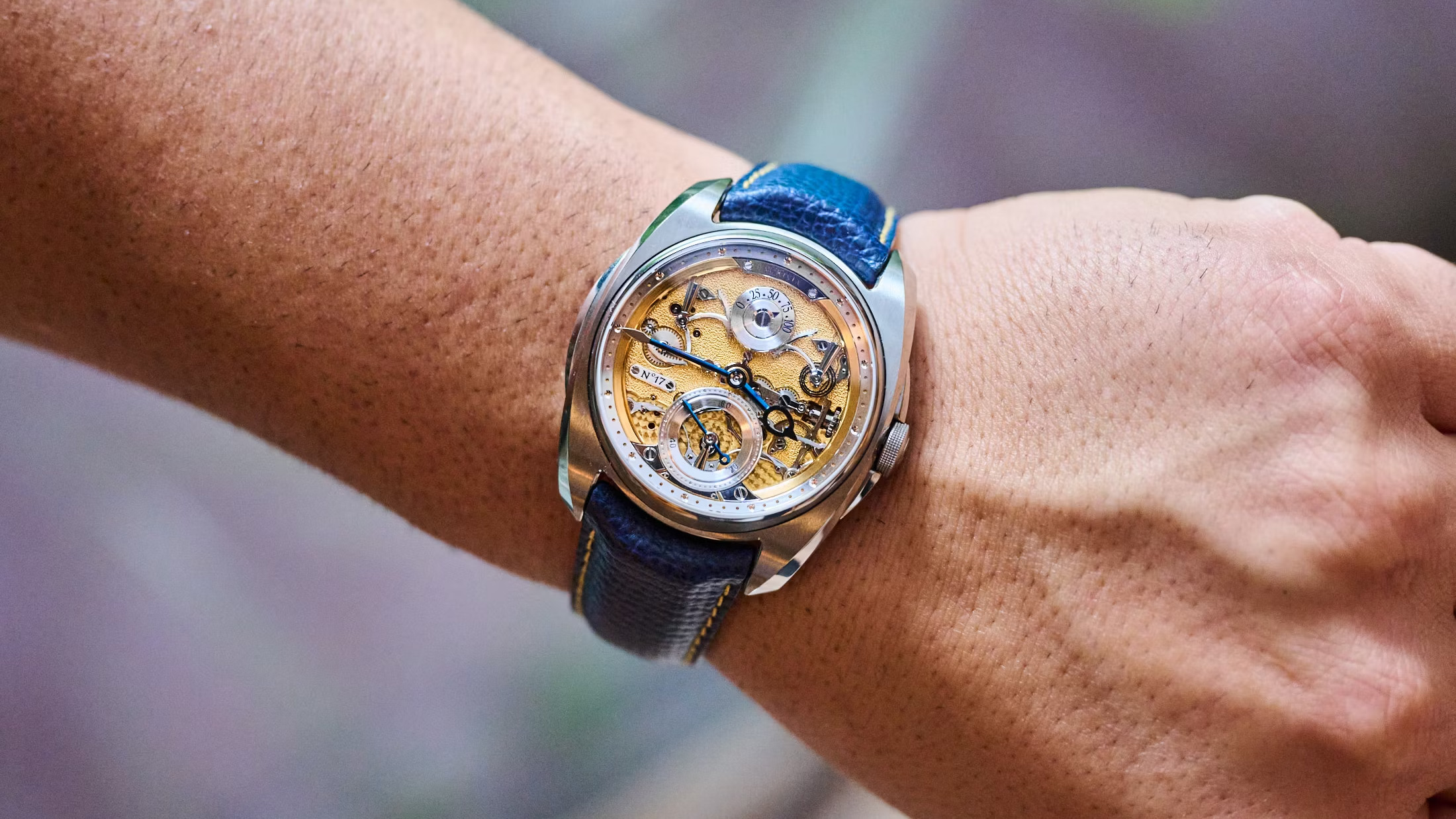


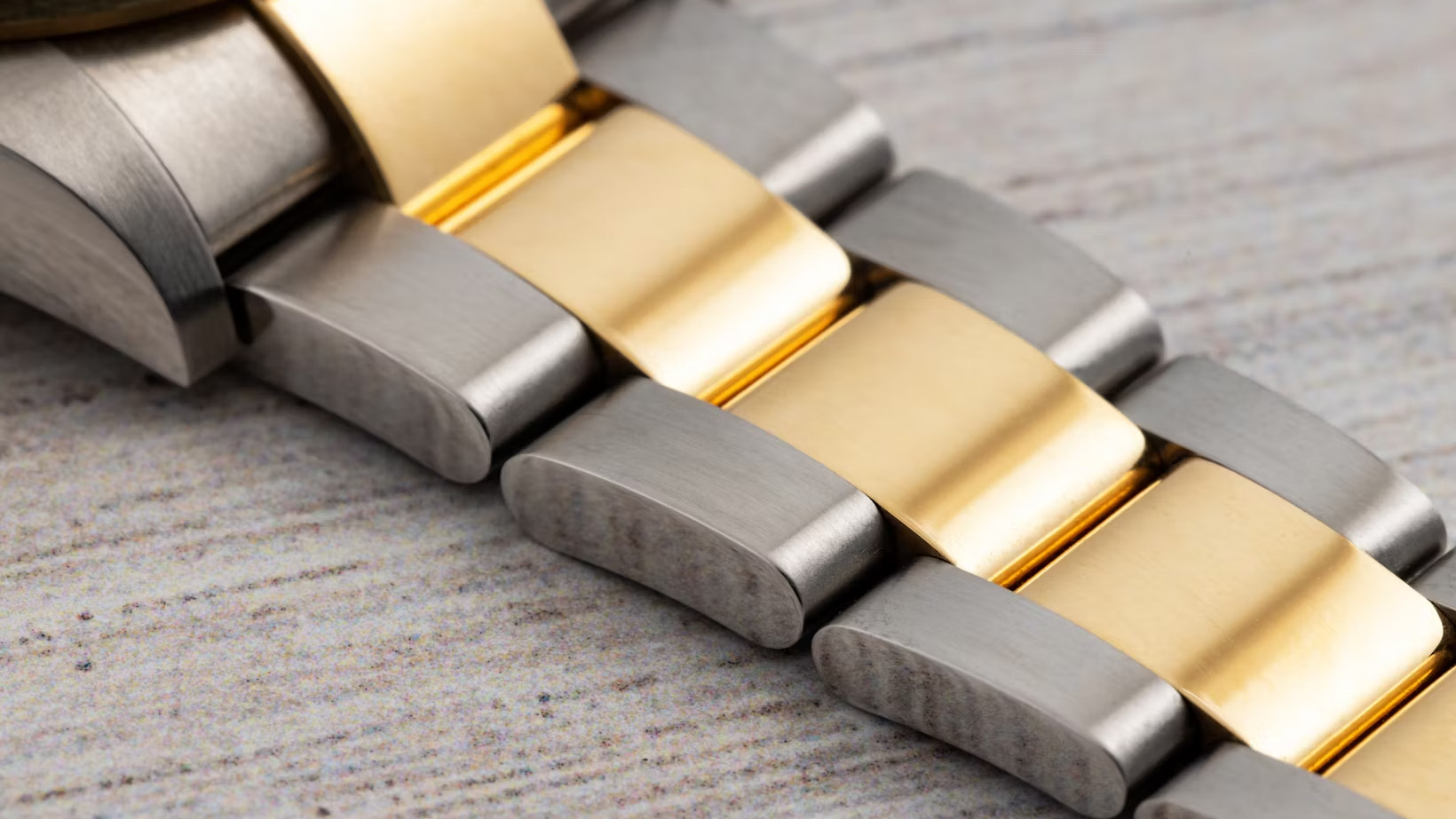
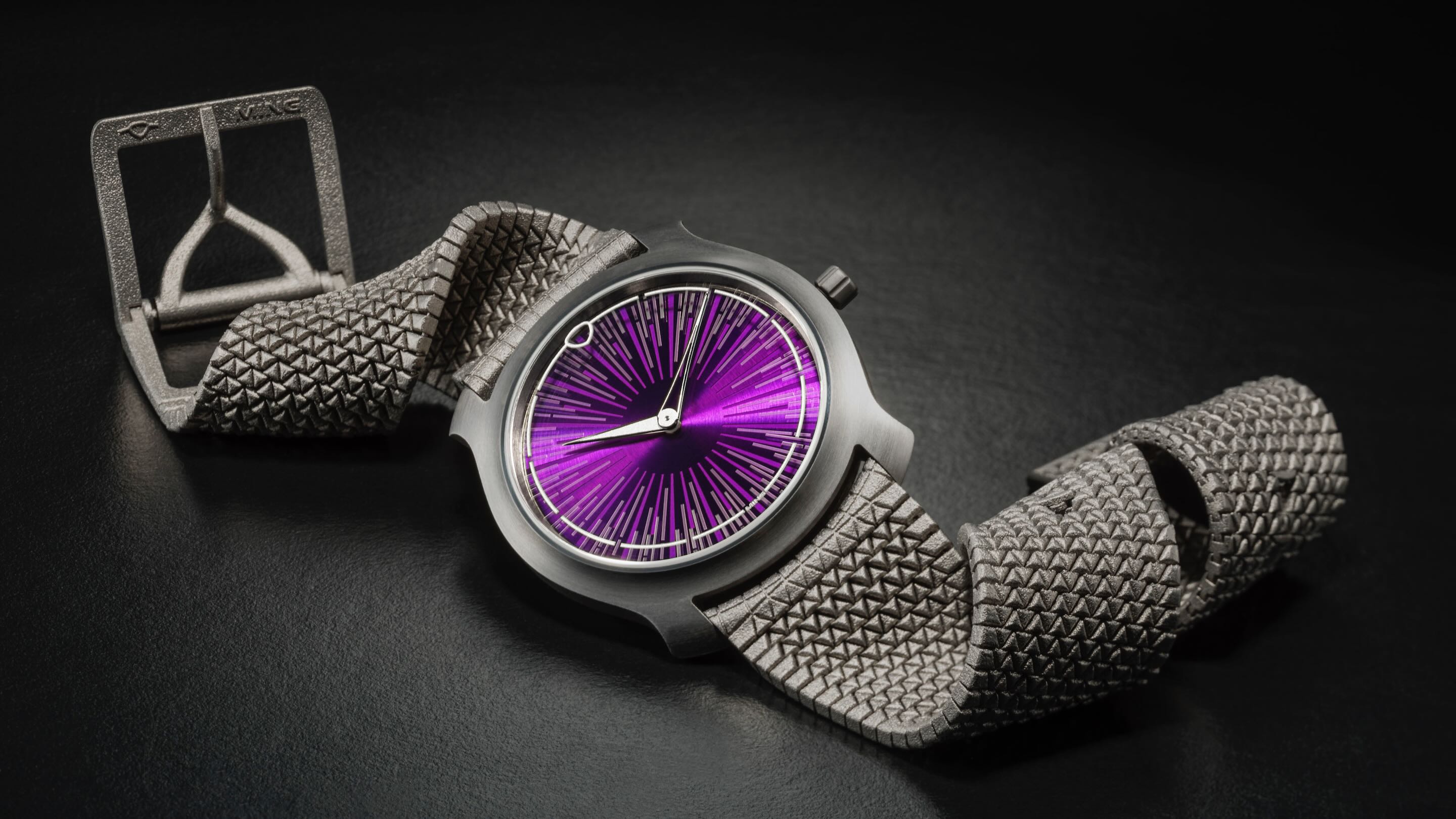
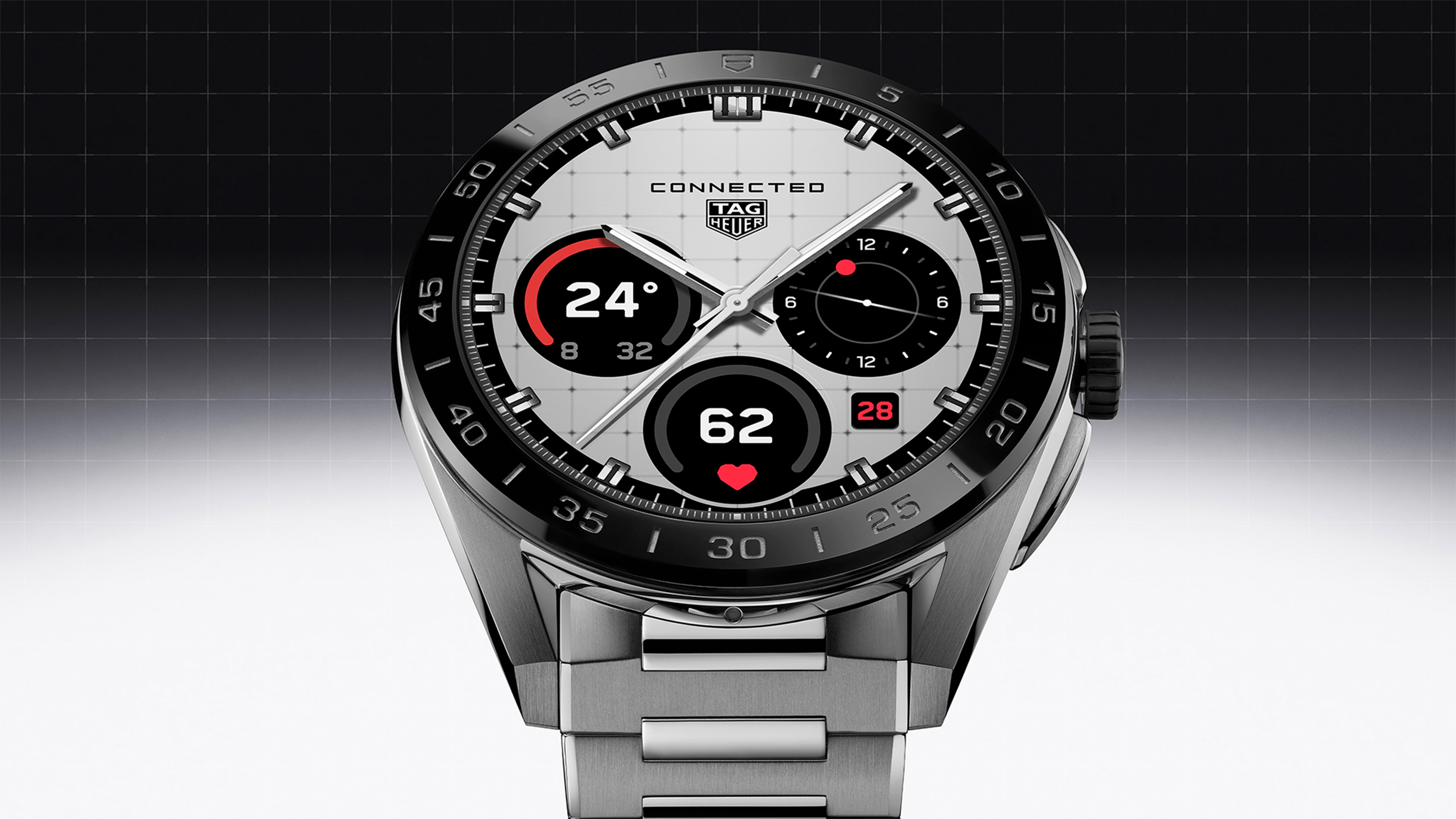
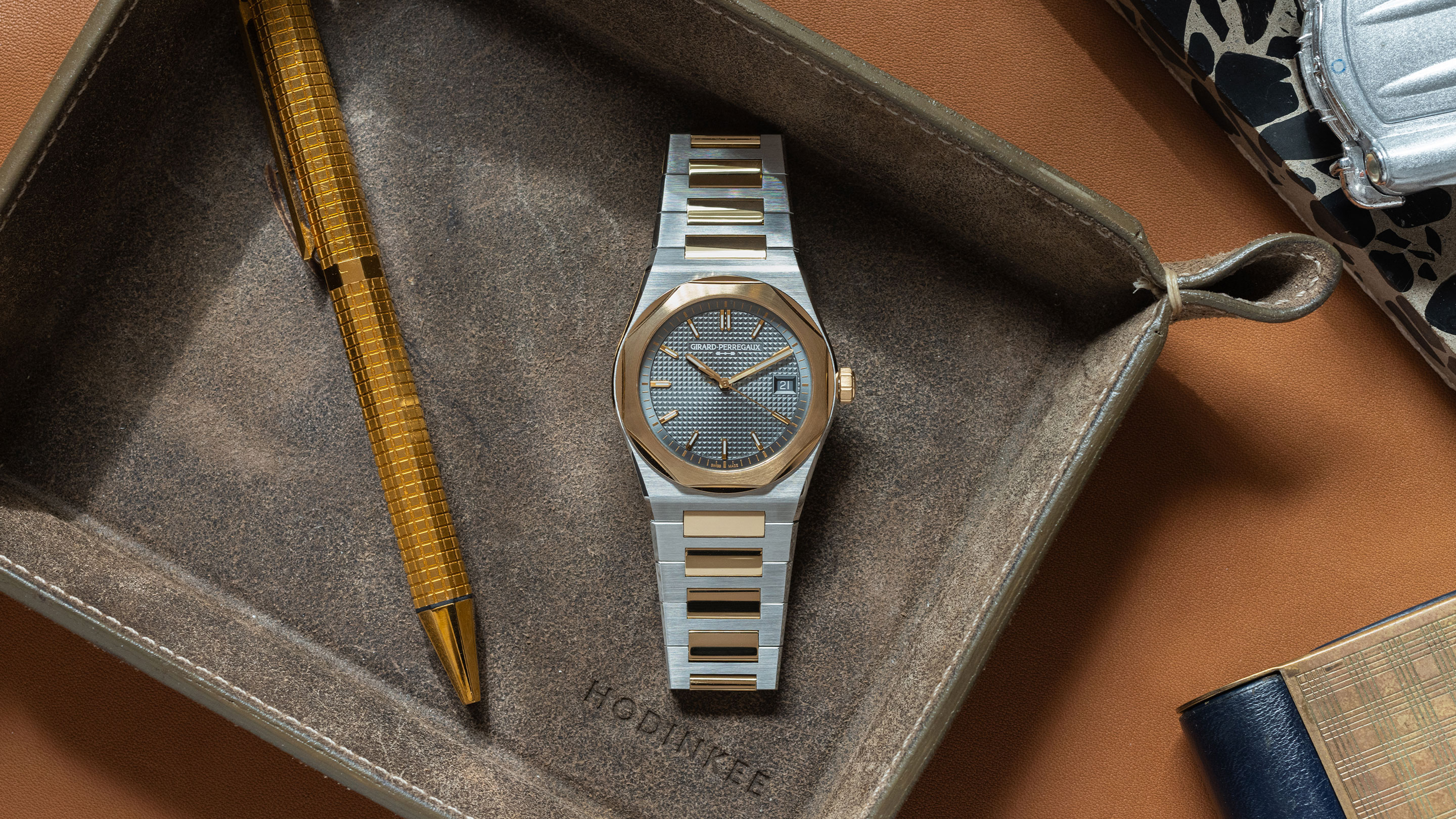
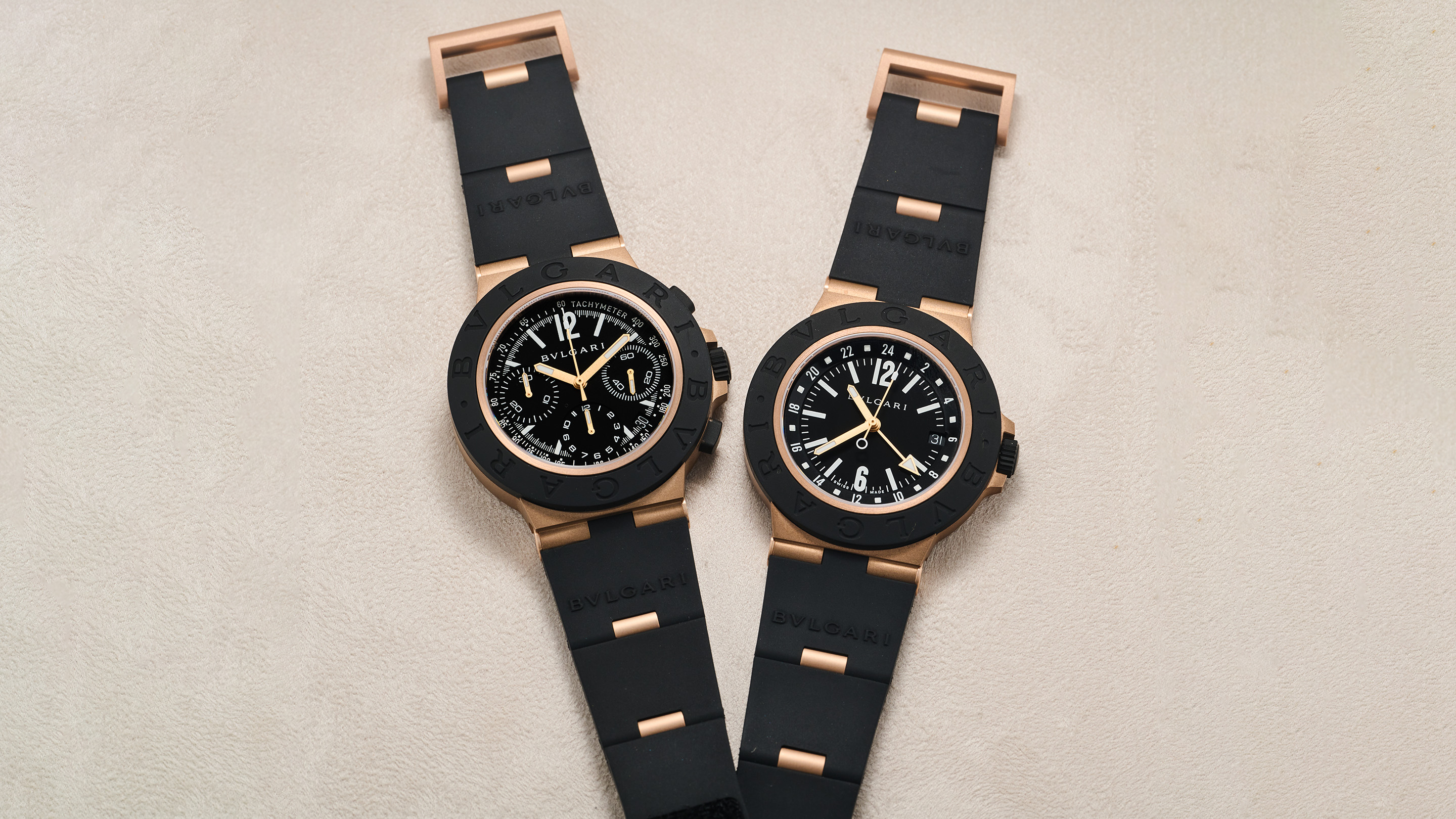
Top Discussions
Photo ReportInside Mike Wood’s ‘For Exhibition Only’: A Private Rolex Collection On Limited Display
Breaking NewsA Yellow Gold Rolex ref. 6062 Sets Record for the Reference, Third Most Expensive Rolex Ever Sold, At $6.2 Million
IntroducingSeiko Brings Back The 'Rotocall', A Digital Quartz Reissue That Turns Our Bezel